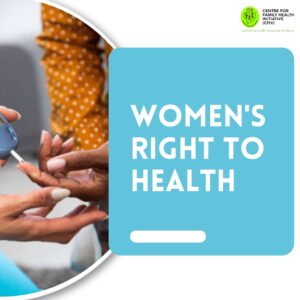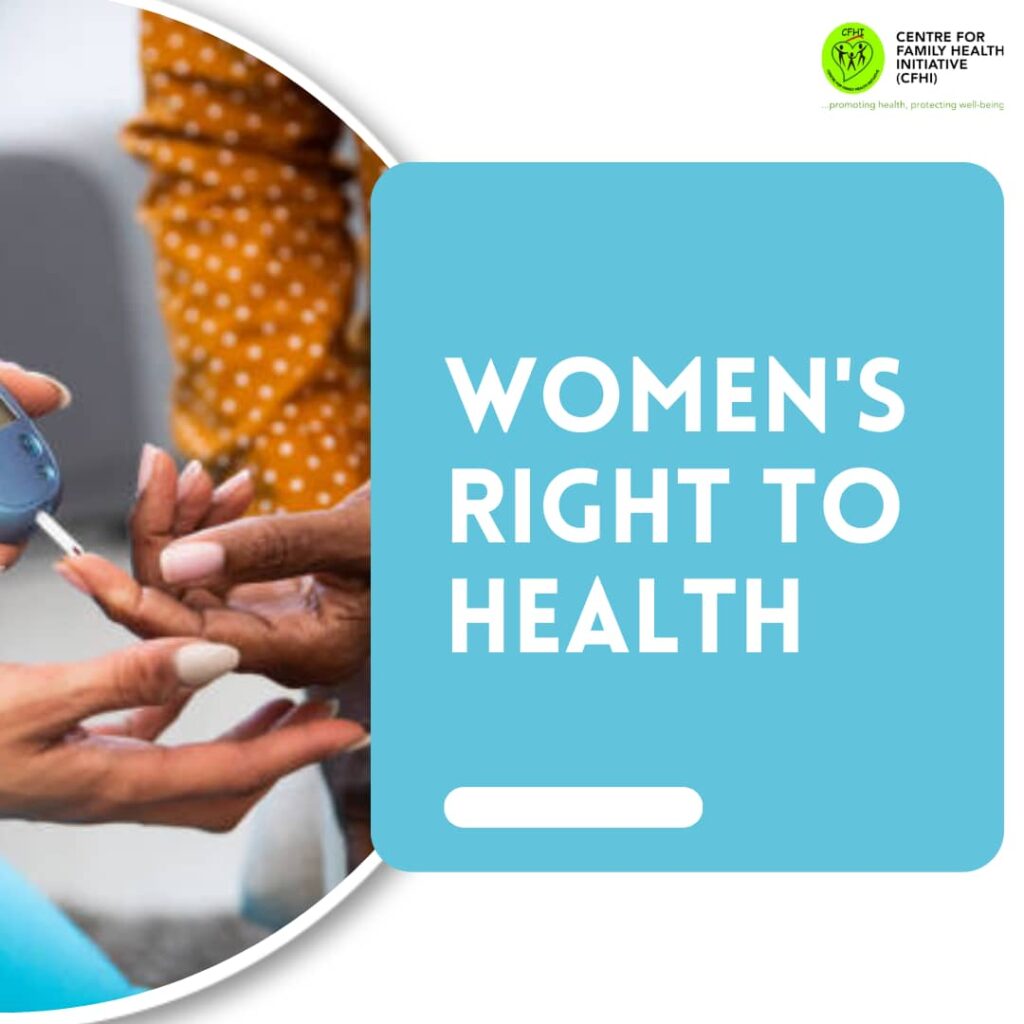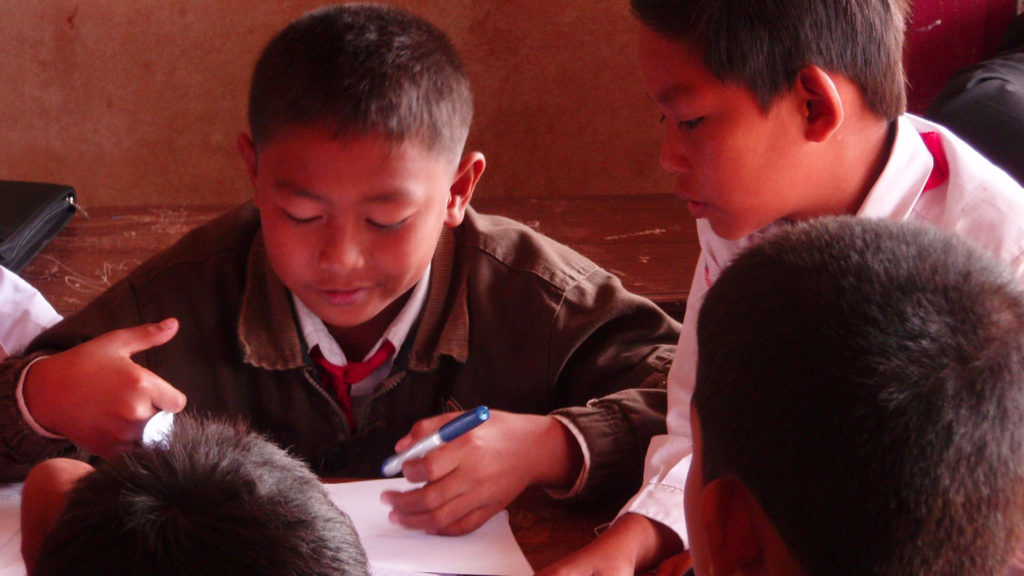Women’s health rights in Nigeria, like those of all individuals, are protected by domestic laws and international treaties, to the majority of which Nigeria is a signatory. Some of these treaties include the International Covenant on Economic, Social and Cultural Rights, Convention on the Elimination of all Forms of Discrimination Against Women (CEDAW), Convention on the Rights of the Child (CRC), etc. However, in Nigeria, as in many other countries, there are challenges and issues concerning women’s health that must be addressed.
Maternal health is one of the most pressing issues. Nigeria has a high maternal mortality rate, with many women dying during pregnancy or childbirth as a result of a lack of access to quality healthcare, poor infrastructure, and insufficient health facilities in some areas of the country. This highlights the need for improved access to high-quality reproductive healthcare services, such as antenatal care, skilled attendance at childbirth, and postnatal care for women in Nigeria.
Another issue is the right to sexual and reproductive health care, including family planning. Many Nigerian women face barriers to family planning services and information, resulting in unintended pregnancies, unsafe abortions, and higher maternal and child mortality. Increased awareness, education, and access to family planning services are required to enable women to make informed decisions about their sexual and reproductive health.
Domestic violence, sexual violence, and harmful traditional practices such as female genital mutilation/cutting (FGM) and child marriage are also major concerns in Nigeria. These types of violence can have serious physical and psychological health consequences for women, so efforts should be made to prevent and address them through legal frameworks, public awareness campaigns, and survivor support services.
Furthermore, cultural and societal norms may limit women’s access to healthcare and health-related decision-making. Gender discrimination, unequal access to education, poverty, and a lack of gender-responsive health policies and programs all threaten women’s health rights in Nigeria.
To address these issues and promote women’s health rights in Nigeria, it is critical to implement and enforce existing laws protecting women’s health and rights, to strengthen health systems and infrastructure, to increase access to quality reproductive healthcare services, including family planning, and to raise awareness about gender-based violence and harmful cultural practices.
The Violence Against Persons Prohibition (VAPP) Act, which criminalizes female genital mutilation, harmful traditional practices, violence, and harmful traditional widowhood practices, should be implemented in Nigeria’s 36 states.
Empowering women economically, socially, and politically can also contribute to improving their health status and ensuring their right to health is respected and protected.
Speak Wednesday is an initiative of CFHI to address issues around gender-based violence and gender bias.
#SpeakWednesday #Women’sHealth #Women’sRights #HumanRights #GenderStereotype #GenderBias #GenderInequality



